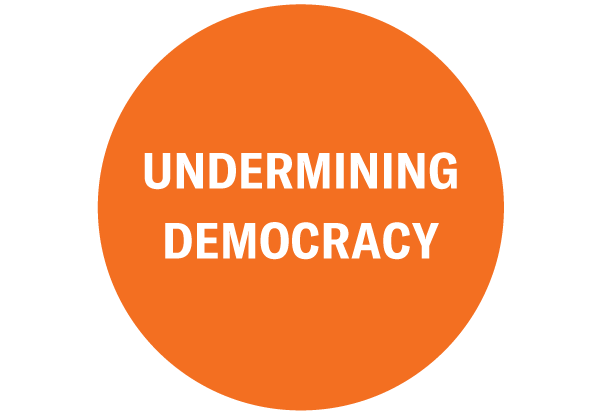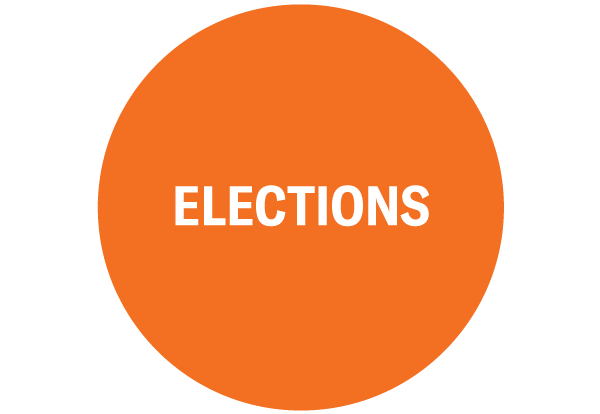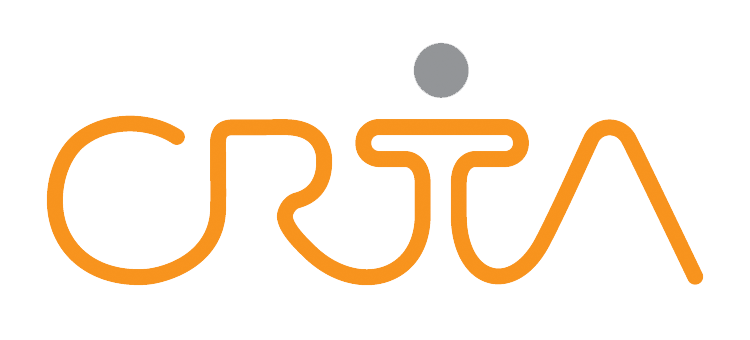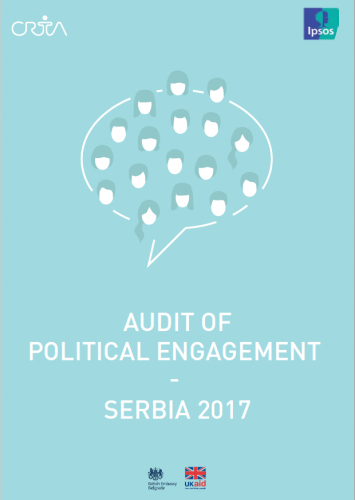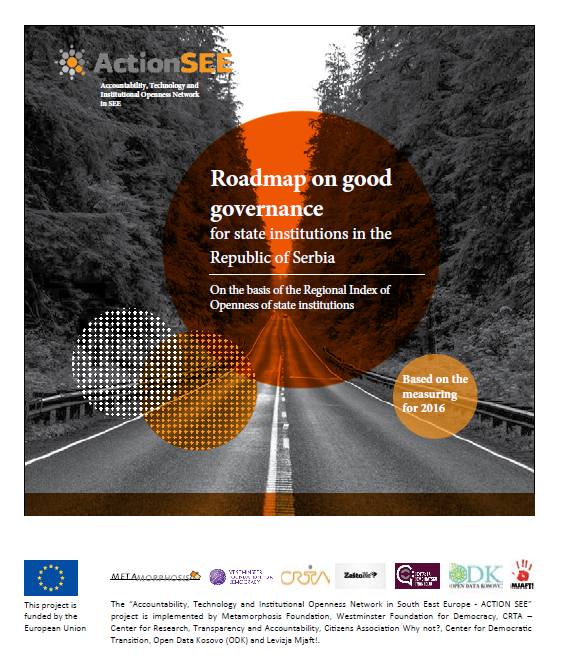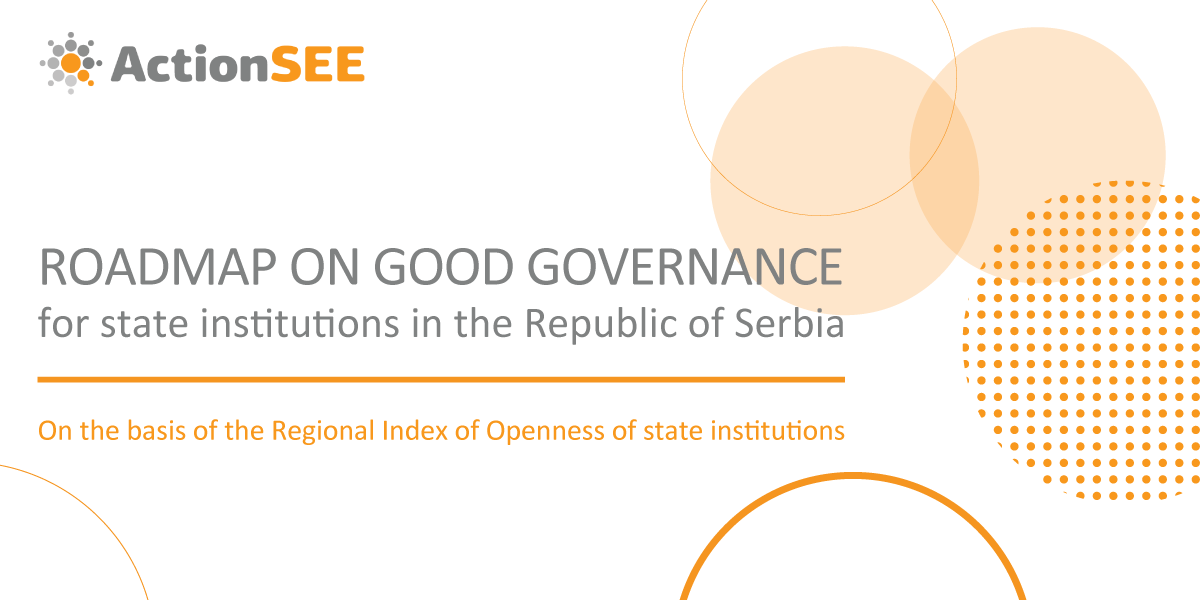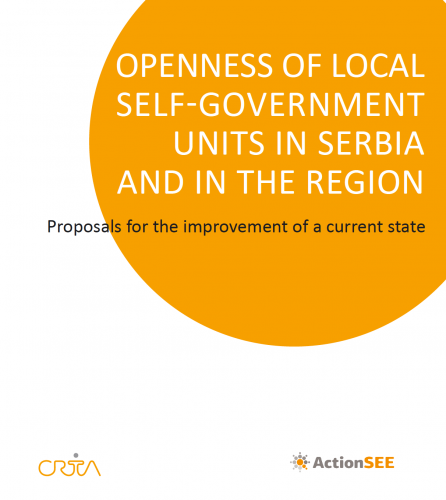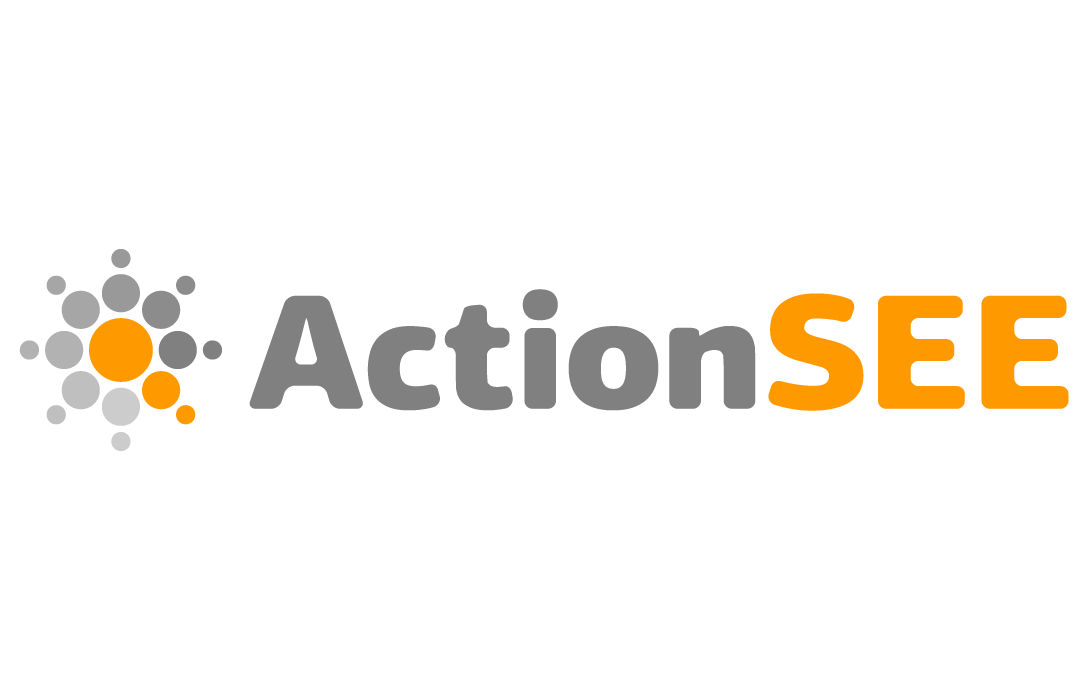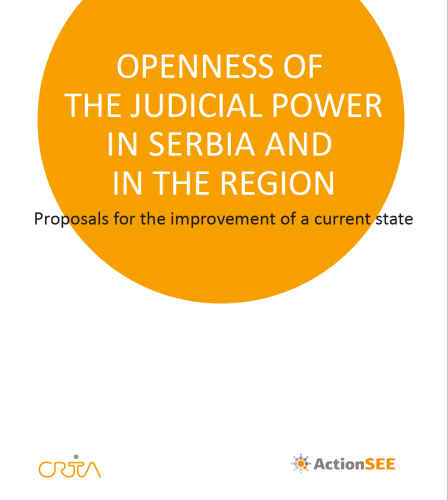Belgrade, February 1st, 2018 – The CRTA observation mission Citizens on Watch started today the long-term monitoring of the electoral process in 17 Belgrade municipalities.
CRTA presented the research : Audit of political engagement Serbia 2017
The aim of this audit was to determine the level of the Serbian citizens’ readiness to participate in democratic processes, that imply a series of different forms of citizen participation – from voting at the elections to initiating concrete campaigns; and to monitor the changes in the degree of participation in time. The results of the…
On the basis of conducted analyzes and research, organization CRTA, in cooperation with partners from the regional network of civil society organizations „ActionSEE“ , has developed Roadmap on good governance for state institutions in the Republic of Serbia. The road map contains a set of concrete steps and measures for improving good governance in our country.
On the basis of conducted analyzes and research, organization CRTA, in cooperation with partners from the regional network of civil society organizations „ActionSEE“ , has developed Roadmap on good governance for state institutions in the Republic of Serbia.
The overall openness index of local self-governments in Serbia is at a very low level as self-governments fulfil a total of 39% of indicators, according to the analysis “Openness of local self-governments in Serbia and in the region”.
Judicial authorities in Serbia and in the region fulfil less than one half of openness indicators which leads to a conclusion that an urgent action is needed in order to improve the openness, as found out by the research “Openness of judiciary authorities in the region and in Serbia”.
Our topics
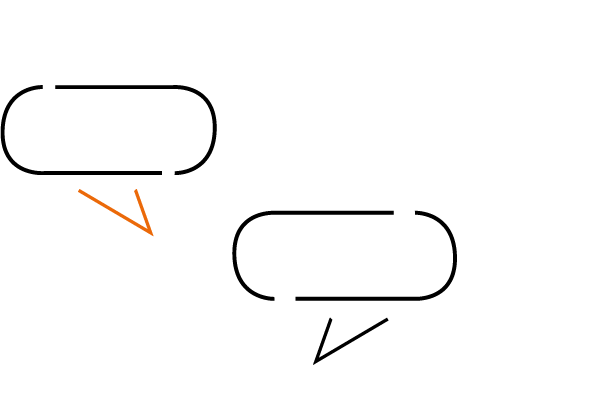
Democratic culture
Because politics is not just for politicians. It is our human and citizen right to participate in the processes of making decisions which influence our lives. A dialogue has no alternative.
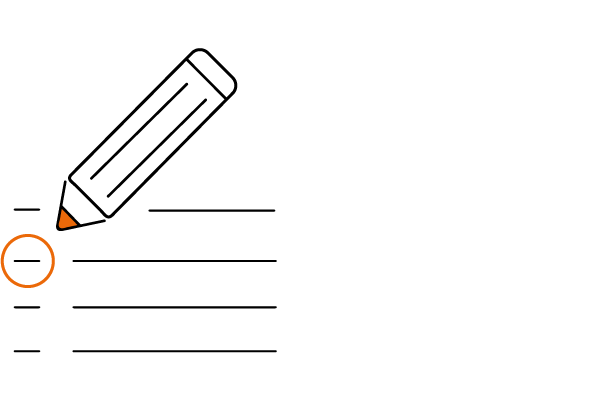
Free and fair elections
Because elections are the pillars of democracy. It is every citizen’s right to decide on whom to give his/her vote in free and fair conditions. Our vote is valuable and it can make a difference.
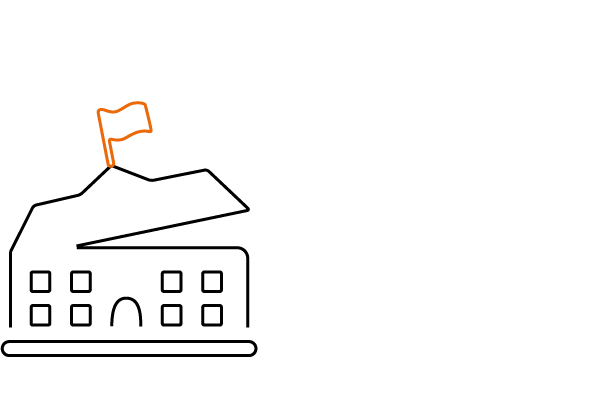
Open institutions
Because institutions serve the citizens. We need strong institutions with integrity which protect the public interest.
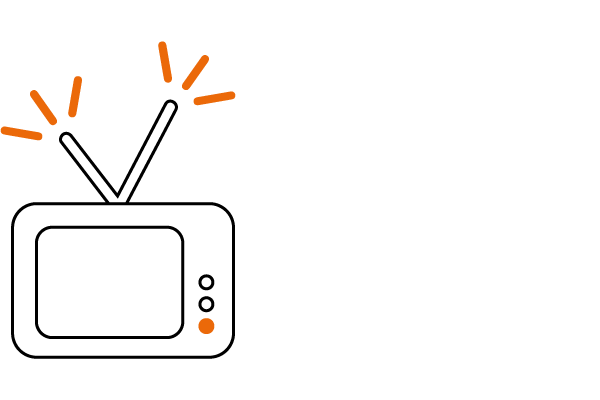
Free media
Because media should ask questions and critically analyse the reality. We need the media which protect the public interest and tackle the needs of the citizens.




